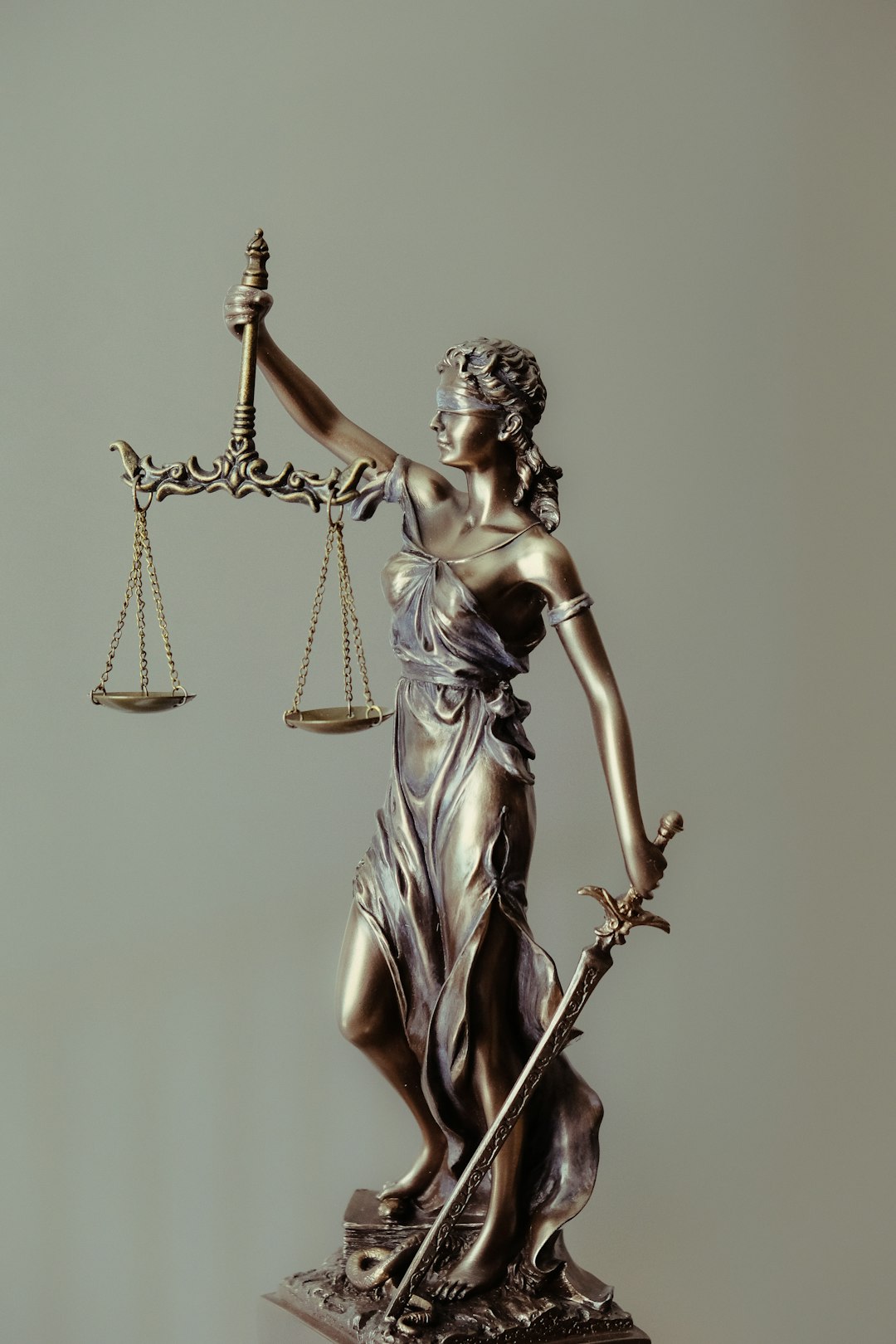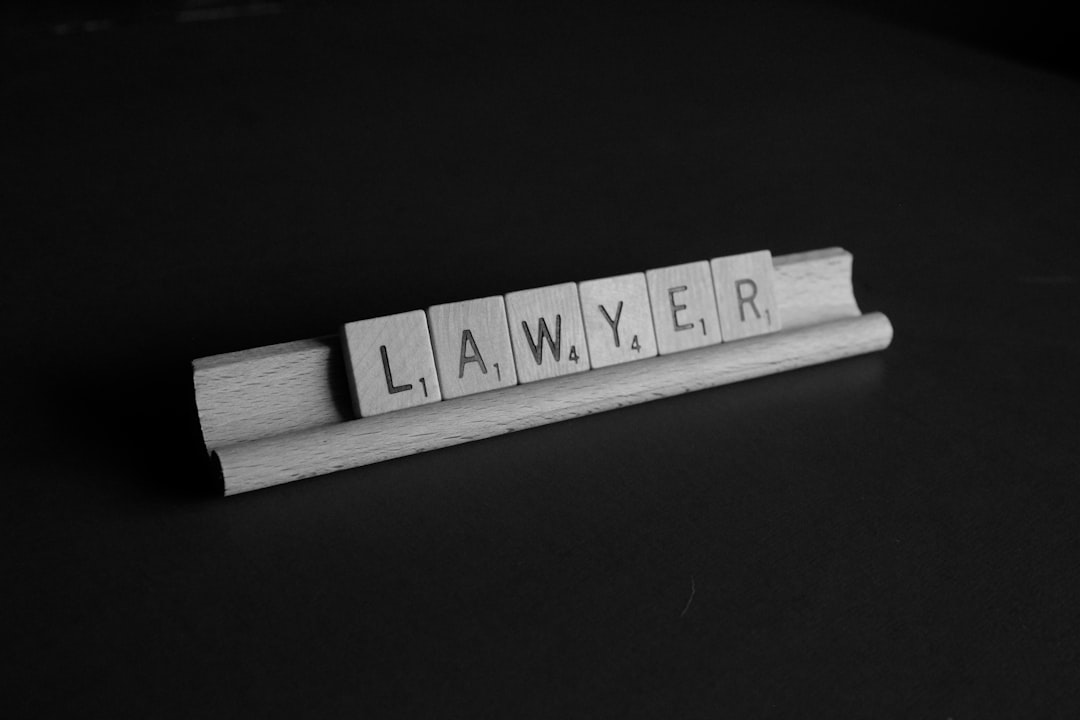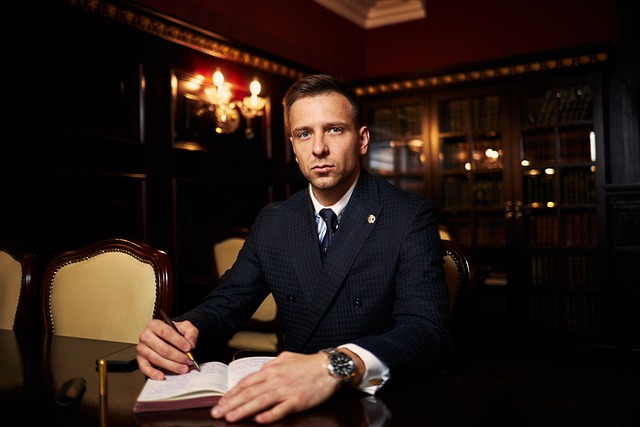In Chicago, IL, understanding the legal landscape surrounding sexual assault is crucial for survivors seeking justice. This article serves as your comprehensive guide, breaking down key aspects of sexual assault claims. We explore Illinois’s sexual assault laws, providing clarity on what steps to take post-incident, and highlighting the vital role a sexual assault lawyer plays in supporting survivors. Additionally, we offer resources and information on rights, ensuring survivors are equipped with knowledge to navigate their journey towards justice.
Understanding Sexual Assault Laws in Chicago

In Chicago, IL, understanding the legal framework surrounding sexual assault claims is crucial for victims seeking justice. Sexual assault laws in the city are designed to protect survivors and hold perpetrators accountable. A qualified sexual assault lawyer in Chicago IL can guide individuals through this complex process, ensuring their rights are upheld. These laws cover a range of offenses, from forcible rape to other forms of non-consensual sexual acts, with strict penalties for offenders.
Chicago’s legal system recognizes the sensitivity and gravity of sexual assault cases. As such, it offers resources and support for victims, including confidential reporting and medical care. A sexual assault lawyer in Chicago IL can help navigate these services, ensuring victims receive the necessary assistance. They also play a vital role in preparing and presenting cases in court, advocating for just outcomes, and protecting the rights of their clients throughout the legal process.
What to Do After a Sexual Assault Incident

If you’ve experienced sexual assault, it’s crucial to take immediate action to protect your rights and seek support. First, ensure your safety by removing yourself from the situation if possible. Then, report the incident to local law enforcement as soon as you feel ready and able. It’s important to preserve any evidence, including clothing or personal items that may have traces of the assault.
Don’t hesitate to contact a sexual assault lawyer in Chicago, IL, for expert legal guidance. They can help you understand your rights, navigate the legal process, and ensure that justice is served. A qualified attorney will provide the support and representation needed to guide you through this challenging time, ensuring your voice is heard and your rights are protected.
The Role of a Sexual Assault Lawyer

When navigating the complexities of a sexual assault claim in Chicago, IL, having an experienced sexual assault lawyer by your side is invaluable. These legal professionals are advocates for survivors, dedicated to ensuring their rights are protected throughout the process. A skilled sexual assault lawyer in Chicago IL will guide clients through the often-traumatizing experience, offering both emotional support and strategic legal expertise.
Their role encompasses a comprehensive understanding of the criminal justice system, local laws, and procedures specific to sexual assault cases. They can help interpret evidence, interview witnesses, and construct a compelling case on behalf of their client. Moreover, these lawyers provide crucial assistance in dealing with law enforcement, prosecutors, and any potential defenses raised by the opposition, ensuring that every step is taken to achieve a just outcome.
Supporting Survivors: Resources and Rights

Survivors of sexual assault in Chicago, IL, can find support through various resources and legal rights. One crucial step is to connect with a sexual assault lawyer Chicago IL residents trust. These professionals are equipped to guide victims through the legal process, ensuring their rights are protected. They offer confidential consultations, helping survivors understand their options and the strength of their cases.
Local support organizations, such as those specializing in trauma care and advocacy, can provide additional assistance. Survivors may access medical services, counseling, and legal aid tailored to their unique needs. These resources play a vital role in aiding recovery and empowering victims to take legal action if they choose to pursue it.





